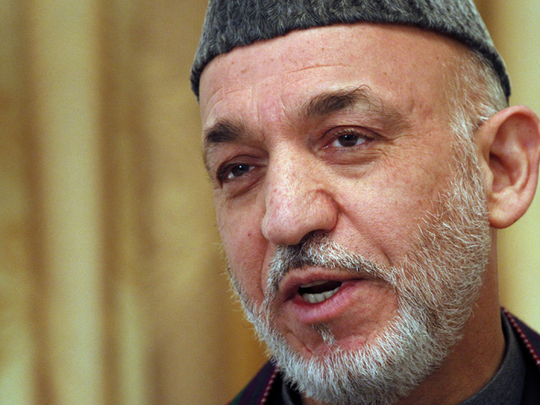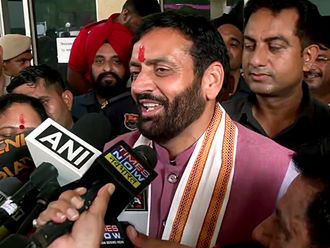
The low percentage of voters who chose to exercise their franchise in the parliamentary polls in Afghanistan offered an indication into the weary spirit of its people. Worn out by poverty, corruption and a constant threat from the Taliban to those who dared to turn out and vote, the natives of Kabul and its areas beyond chose to live another day in optimism.
As Nato, backed by the US, tries to portray progress measured by various yardsticks in this war-torn country, the elections in Afghanistan were supposed to be a sure-fire way of endorsing the will of its people. Time, coupled with numerous events, has, however, shown that this has failed. The paucity of voters is ample reflection of this fact.
Every government must have a certain legitimacy if it is to fulfil the aspirations of its people. While Hamid Karzai continues to lead the country, his own reputation and that of his Cabinet has been tainted by charges of corruption.
It can be argued that the Afghan people are no better off under the governance of Karzai and the protection of US-led Nato forces than they were under the Taliban from 1996 until 2001.
It is a Catch-22 situation. As a result, the low voter turnout has once again affected the credibility of these polls. To make matters worse, the country is witnessing a war which is being conducted to serve the interests of everyone but the Afghan people. To what extent will the Afghan people be served? The answer so far indicates that the dice have been heavily loaded against them.
The problem in Afghanistan lies within. With countless offensives having failed to rein in the Taliban, the government should now adopt the process of dialogue and confidence-building measures. Afghans must be given the chance to shape their own nation, but not until individuals, and especially politicians, are held accountable.








